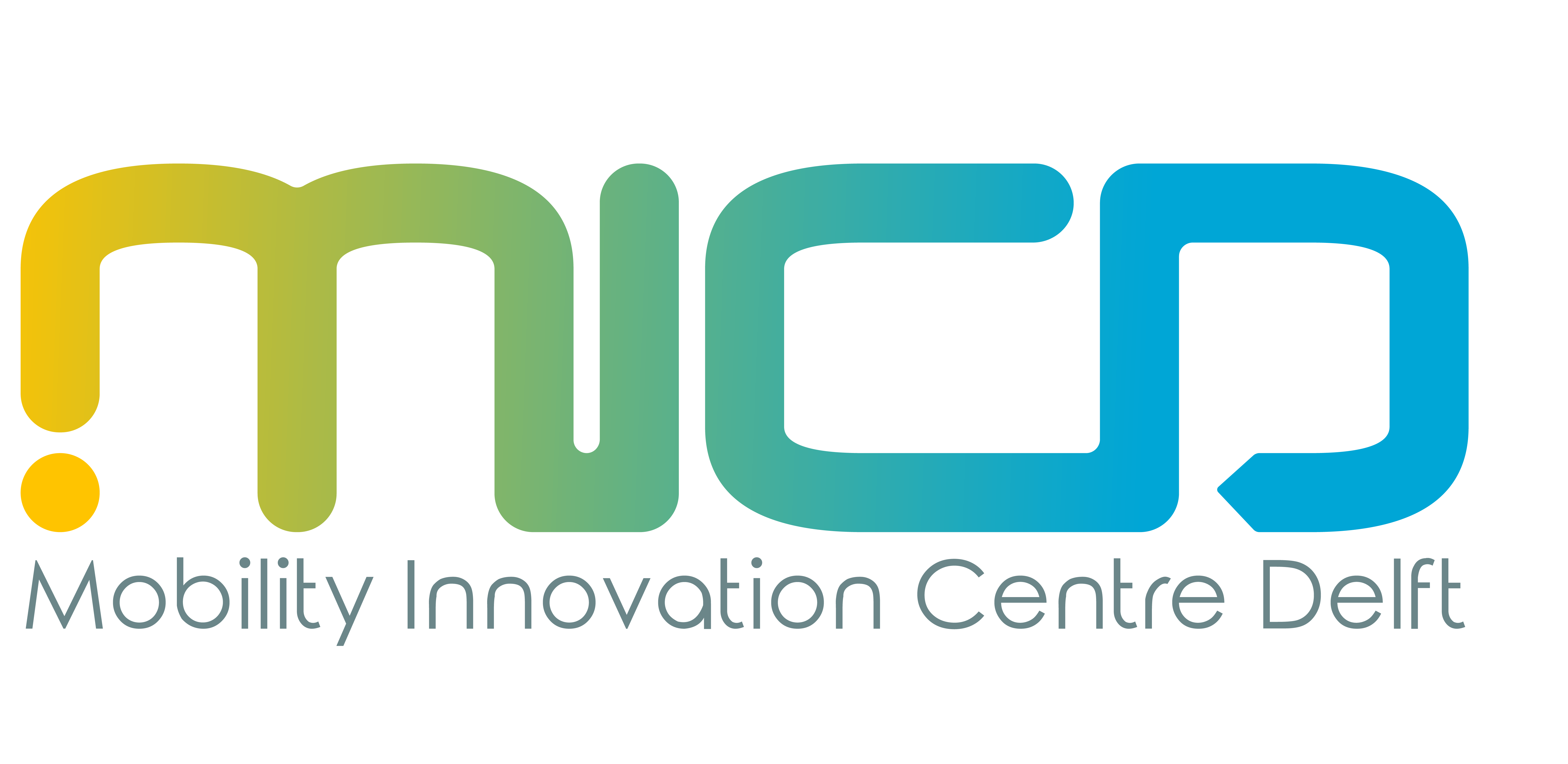In many cities, a huge amount of data on traffic is collected every day. The greater the amount of data available, the more difficult it becomes to produce useful analyses. Within the European project Emeralds, useful tools are being developed for this purpose.
Duration
2023 – 2026Partners (TU Delft)
TU Delft-CEG, department Transport & PlanningPartners (other)
Please see below.
At many locations, measurements are taken of the number of motorists and their travel paths, where traffic congestion occurs, the flow of bicycles and at which times public transport is used efficiently. There is also a lot of data available on air quality and weather conditions.
Governments need advice on how to use all these data flows. The new toolset being developed within Emeralds allows municipalities, provinces and other road administrations to analyse and use the data. This includes importing data into different systems and generating overviews in an interactive dashboard with just a few clicks.
Fast and accurate
Specific challenges in this development: data processing and visualisation must be fast and accurate. In addition, its management must be easy. In technological terms, the standards are high: in edge/fog/cloud environments, analyses and calculations must be performed at lightning speed. The deployment of AI (artificial intelligence) helps to recognise patterns, assess risks and make predictions. In this regard, the interpretation of the combination of data is particularly interesting: data on all traffic flows in correlation with the weather or the presence of police and surveillance guards when a large crowd is present. Since continuous learning is one of the biggest challenges in using AI, the ability of the platform to manage this well is critical. In addition, data security and privacy-proof operations are also essential in this project.
The Hague and Rotterdam
The toolset is being developed and tested in a number of pilots. In the Netherlands, the municipalities of Rotterdam and The Hague are collaborating with MICD to develop and test the tool. The pilot in The Hague focuses on crowd management. During hot days, the huge crowds in the Scheveningen area frequently become a bottleneck. The research concentrates on managing both crowds and risks. Think of events such as the Sailing World Cup, concerts and the large number of beach visitors in the summer. A 10-day crowd forecast helps local authorities and police to schedule required staff more accurately. In addition, the system helps with a forecast that provides insight into expected crowds an hour ahead. This is achieved based on data on traffic flows, car parks and information on social media.
In Rotterdam, the main focus is on the total traffic pattern: cars, public transport, cyclists, scooters, pedestrians, logistics and emergency services. These constantly intersect. Interventions that are beneficial for one group of road users can cause delays for others. Analysing all these different data in an effective way is very complex and computationally intensive. The research in this case concentrates on providing very rapid insight into the effect of a measure on traffic. Think of adjusting green light for one group or the other, depending on traffic density. Using reliable predictions, you can anticipate congestion in the city or resolve it faster when it does occur – in the event of an accident, for example.
Digital twin
The Emeralds project aims to develop a data-driven Mobility Analytics as a Service (MAaaS) toolset to harness urban mobility data and facilitate decision-making. Methods include a digital twin (virtual replica) of cities, which MICD has already gained a lot of experience with in other projects, including Dit4Tram. The academic data models developed by TU Delft are an important element in transforming data into concrete insights.
Partners
MICD, TU Delft, Arane, Argaleo, municipality of Den Haag, municipality of Rotterdam, Inlecom, Australian Institute of Technology, Trust-IT Services, Commpla, University of Piraeus, Atos, Université Libre de Bruxelles, PTV Group, Technical University of Crete, Grupa 93, Carto, Konnecta, Rigas Satiskme, City of York Council.
